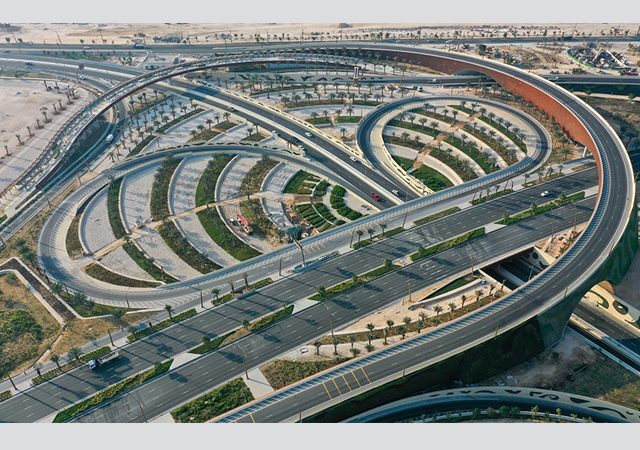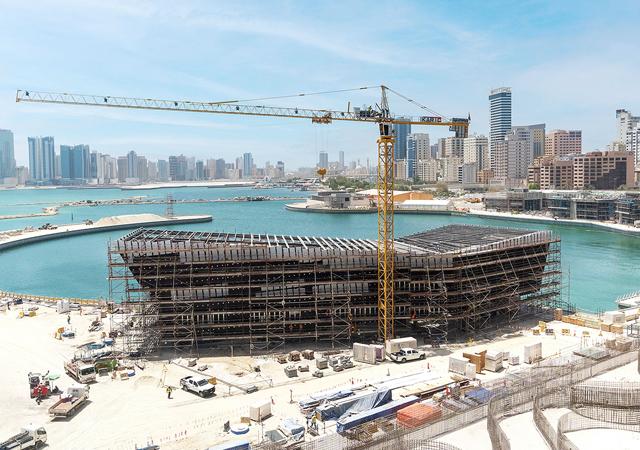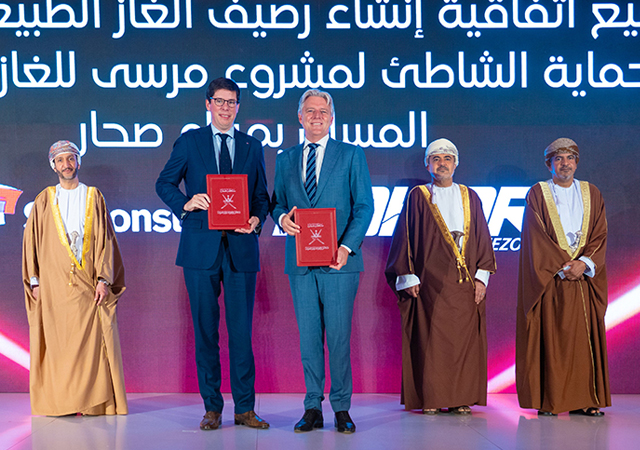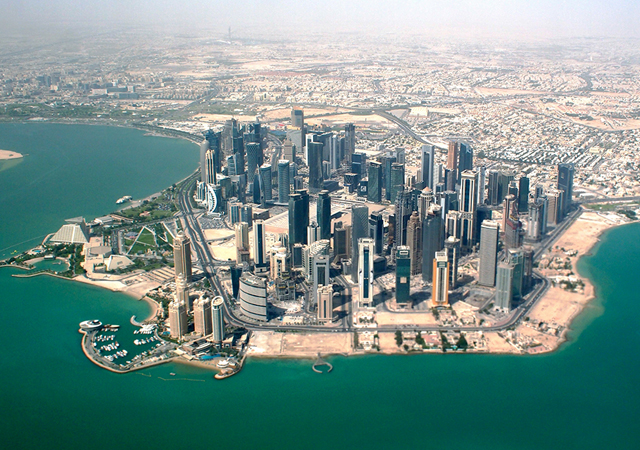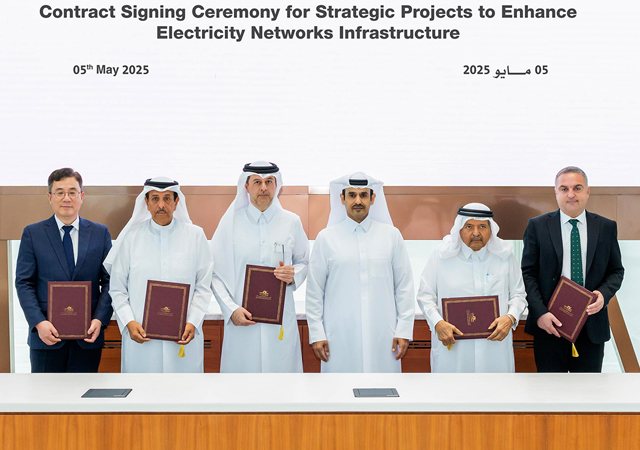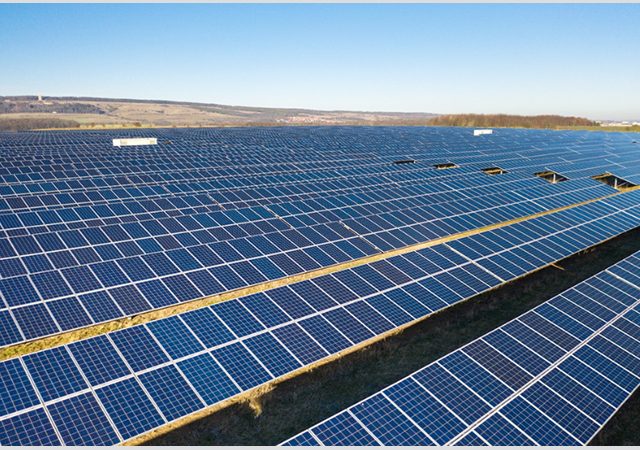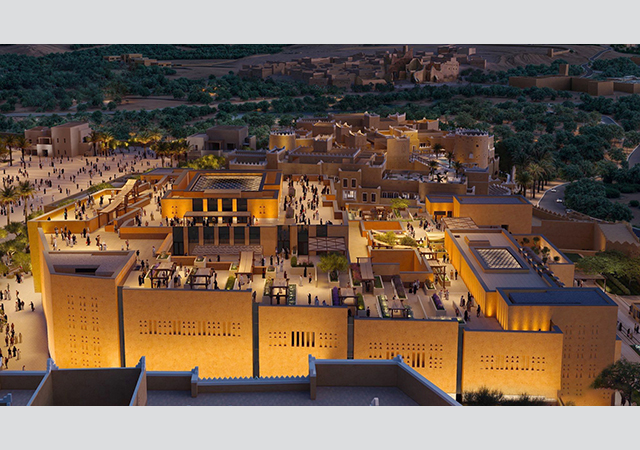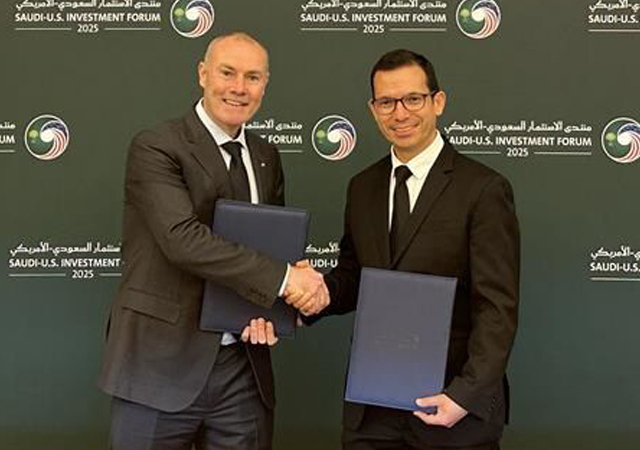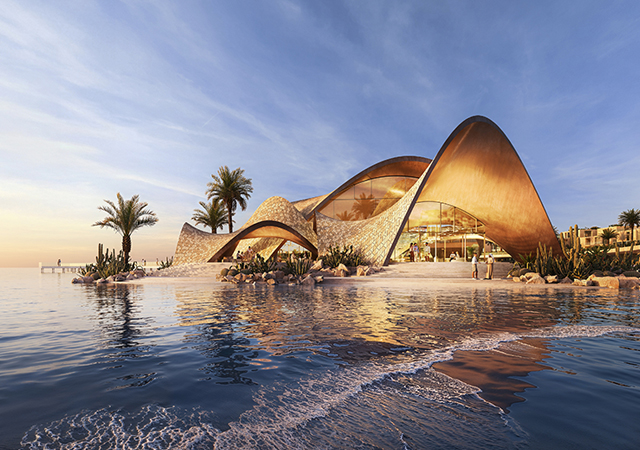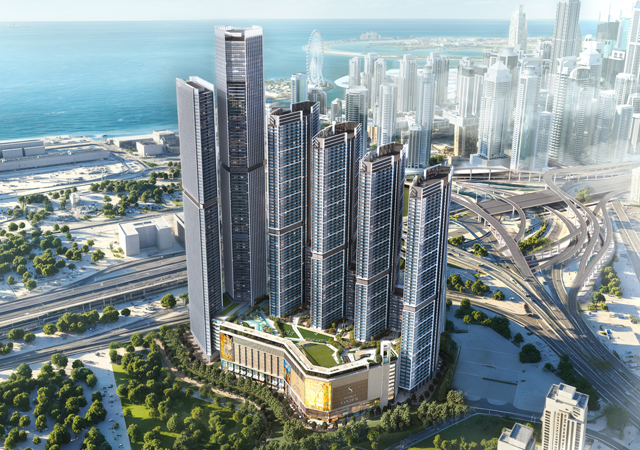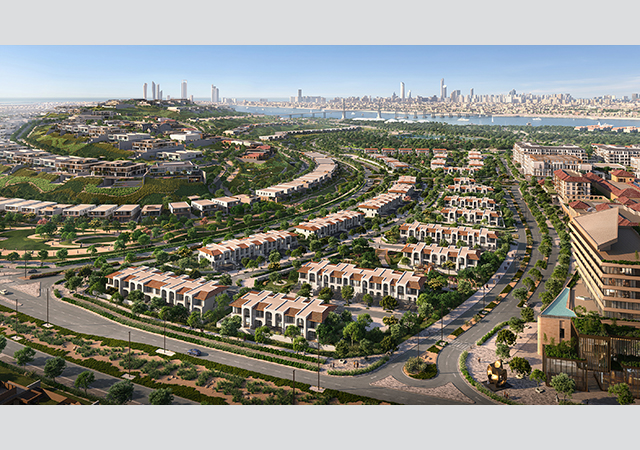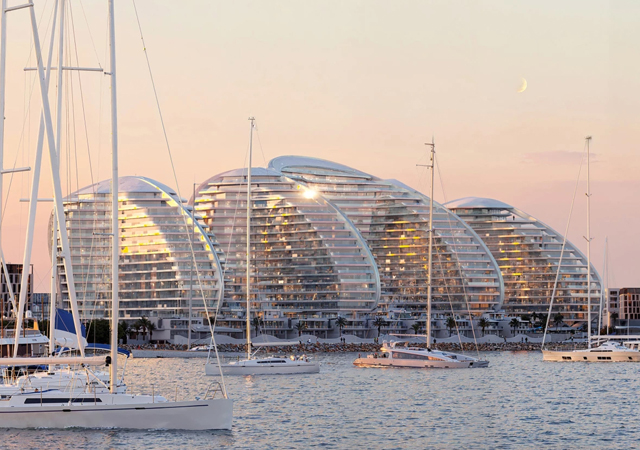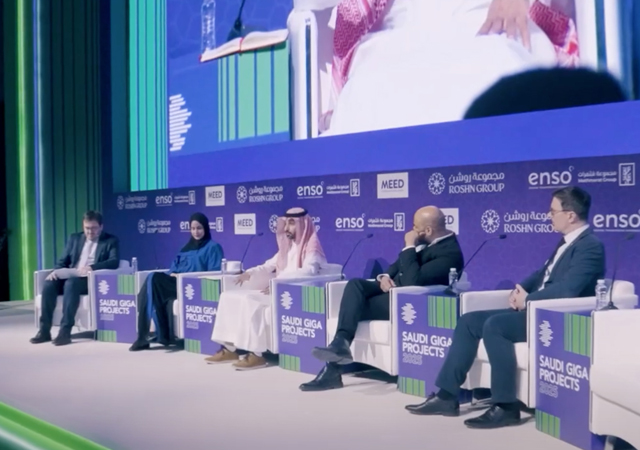
 Grace provides specialist admixtures for self-compacting concrete.
Grace provides specialist admixtures for self-compacting concrete.
For over 40 years now, Grace Construction Products has been actively improving the quality of concrete, by developing value-added admixtures that are recognised for their strength and durability enhancement, and ultimately the value that they impart to this unique universal material.
Grace Construction Products actively promotes its range of chemical admixtures in the Middle East through its affiliate company Emirates Chemicals , which has been a leader in the area for over 20 years.
From its base in Dubai, a comprehensive range of products is marketed throughout the region, to customers who constantly demand improved performance, from the admixtures that they use.
To meet these requirements, Grace uses its technical expertise and market knowledge in the development of value-added product solutions. Grace also delivers a level of service and support that is evident throughout the industry covering all phases of a project.
With over 140 plants and offices around the world, it is a truly global company, and through its operations, offers extensive field and laboratory-based technical services to its customers that will assist them in producing high-quality concrete that is sometimes taken for granted in this environment.
Within the region the latest developments on value-added admixtures have been focused on the conceptual idea of self-compacting concrete. This is a highly flowable, yet stable concrete that can spread readily into place and fill formwork without any consolidation and without undergoing any significant separation.
A number of industry leaders have already taken the initiative and currently market products for this application.
Grace, being one of the leading companies, had developed products some time ago, but only recently started marketing these speciality admixtures in the Middle East. Products under the Grace ADVA Flow and V-MAR range are combined to enable this specialist concrete to be produced, which has now started to find a growing market in the Middle East.
Self-compacting concrete was actually developed in Japan in the late 1980's and has now gained significant interest world-wide. The product is resistant to segregation, and when combined with high fluidity will result in consolidation (compaction) which is achieved entirely due to the concrete's own weight. It is able to flow around closely spaced reinforcement without segregating, forming a void free mass, without any need for vibration.
The product can be placed on site or even in a precast environment, provided that the formwork is in position and has been checked for resistance to pressures and suitably sealed.
It is important to point out here, to the contractor, or end user, that they are not dealing with conventional concrete. Self-compacting concrete is a fluid product and must be treated so in its application, especially when this specialist concrete is being placed.
Yes, there may not be a need for as much labour on the job, but users certainly have to be aware of other issues.
The material is then placed by conventional means, such as poured, skip, pump or chute. Whilst advantages such as self-compaction are evident, the other benefits are that it saves time, reduces labour needs, and ultimately reduces energy. Also, it is a less noisy process, with no vibrating pokers and running generators.
At this point it is very important to point out, what self-compacting concrete is not.
Self-compacting concrete is more than self-levelling highly-workable flowing concrete, which was developed in the 1970's and used conventional superplasticisers. This material still requires some vibration to achieve full compaction and is prone to segregation and sometimes settlement.
Self-compacting concrete is fully flowing, and can fill formwork without any consolidation whatsoever, and without separation.
Obviously with the new product comes a set of new test criteria. Conventional testing parameters for concrete and related test equipment is not really suitable in evaluating the performance of self-compacting concrete.
With the product being fluid, a slump flow measurement is usually taken to determine the fluidity and fluid performance whilst being placed. This can also be measured over time, as placement continues. This is similar to slump retention values as determined on conventional concrete placed here in the Gulf.
This time, it is more of flow retention that needs to be measured.
Another piece of equipment used in testing is the L box test, which will determine the flow and more importantly the blocking characteristics, and segregation tendency of the self-compacting concrete.
As mentioned before, the material is not like conventional concrete, and needs to be produced with a whole new set of rules, otherwise you will end up with self-levelling highly workable flowing concrete, that you think is self-compacting.
Self-compacting concrete is produced by conventional mixing techniques, however the ability in producing the product very much depends on the mix design and the use of specialist admixtures.
This is where the development of these value-added admixtures, to achieve the desired performance, has taken a leading role in this application. Grace offers a range of products specifically developed for self-compacting concrete, the Grace ADVA Flow 300 series, is a range of new generation superplasticisers, to enable self-compacting concrete to attain the required flow values whilst maintaining them for the length of the pour. These materials are used in combination with the Grace V-MAR range, which is a specialist range of materials which act as stabilising agents to increase concrete cohesion and resistance to segregation that the mix may exhibit. All these materials and further information on self-compacting concrete are available from Grace at its Dubai office.
In conclusion, the construction industry is continuously challenged by increased demands for a better and safer work environment, better quality construction i.e. service life, appearance etc., as well as lower construction costs and reduced maintenance.
The use of self compacting concrete can have significant benefits to all of these and to those in the construction cycle, from concrete producer, to contractor, to consultant, and even to the owner.
More importantly, however is that self-compacting concrete can improve the environment, decrease noise and reduce risk to personal injury.
Grace Construction Products is committed to the creation of new technologies and innovative products for the construction industry, and the development of these user-friendly products is just one example of the commitment from Grace.


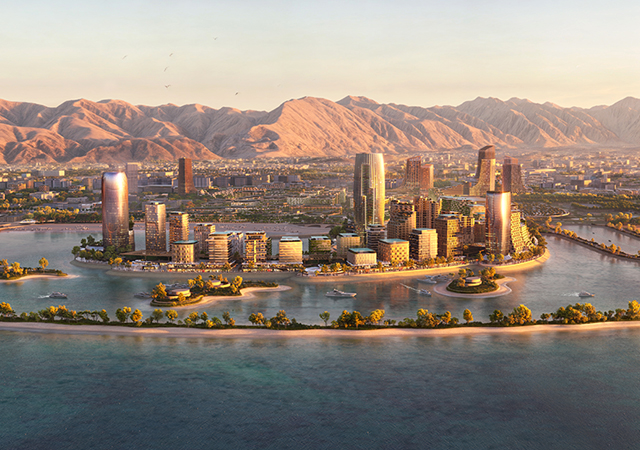

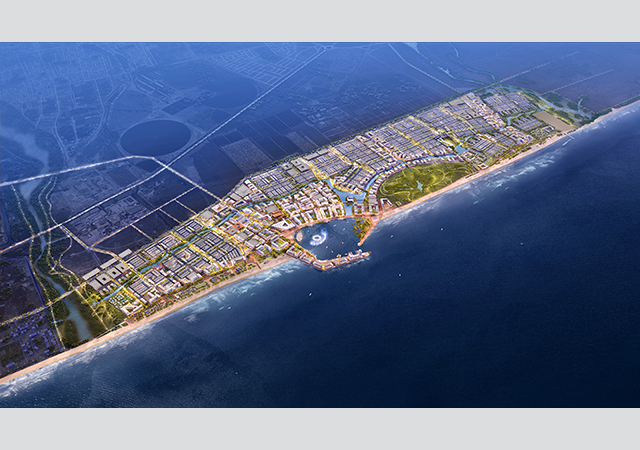

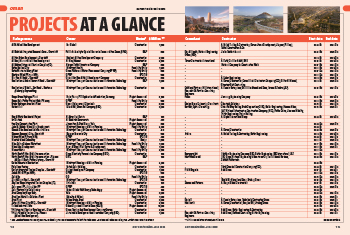



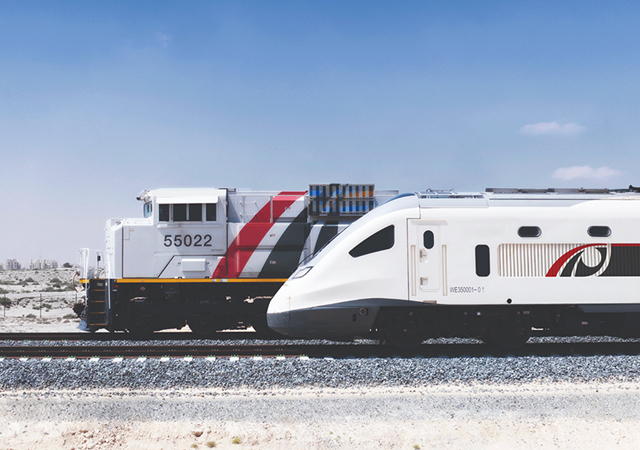
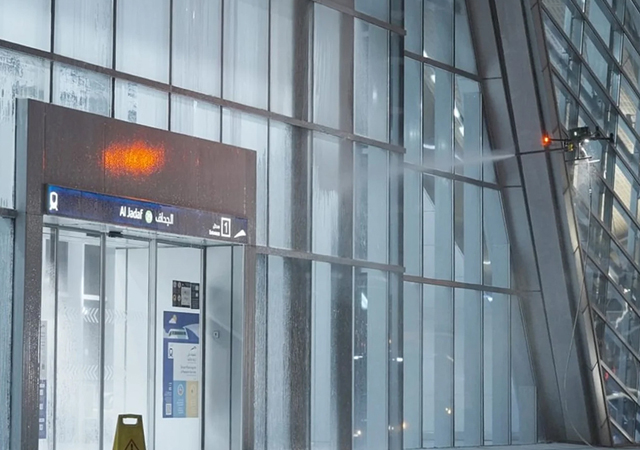

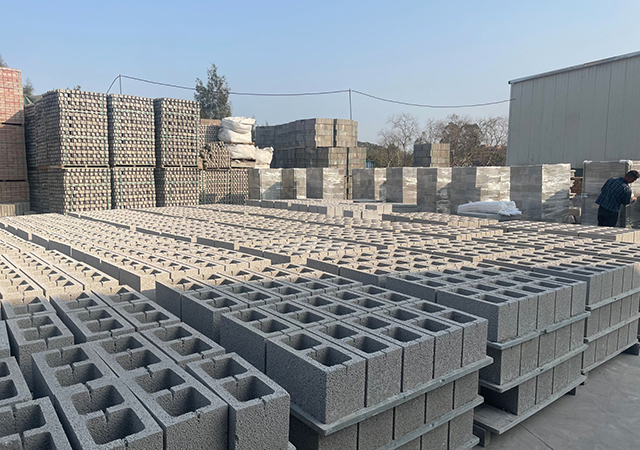
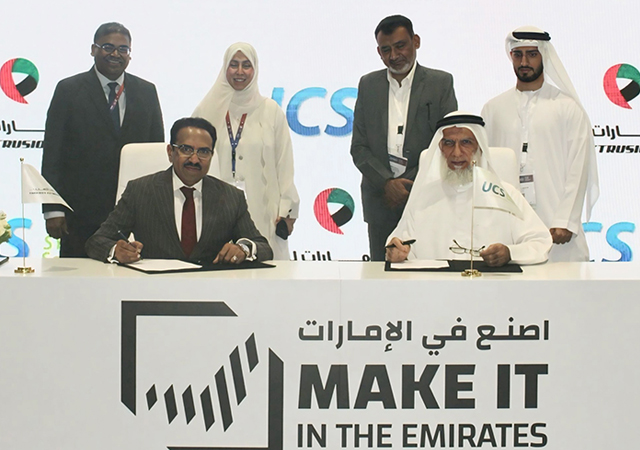

.jpg)
.jpg)
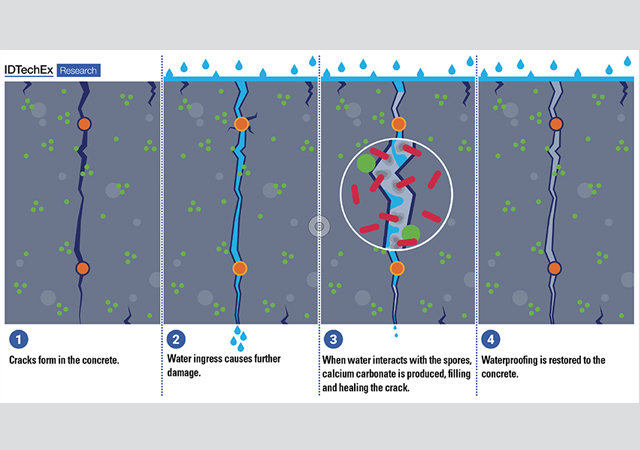
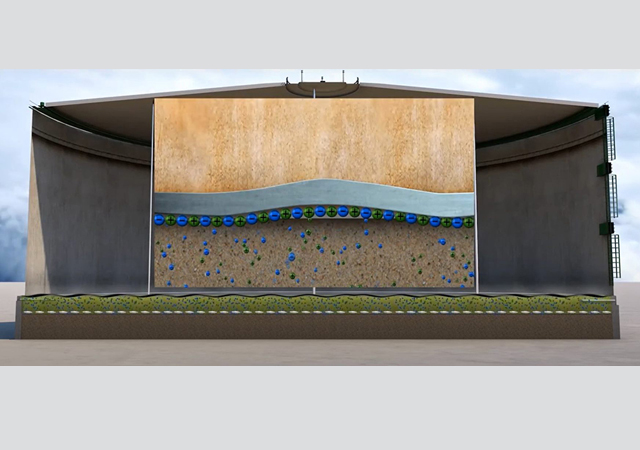
.jpg)
.jpg)
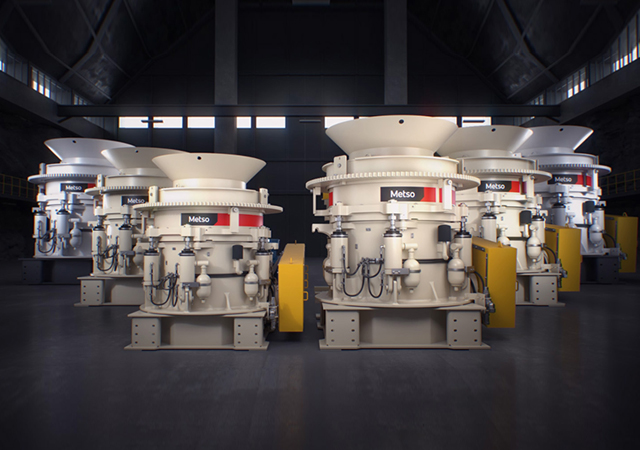
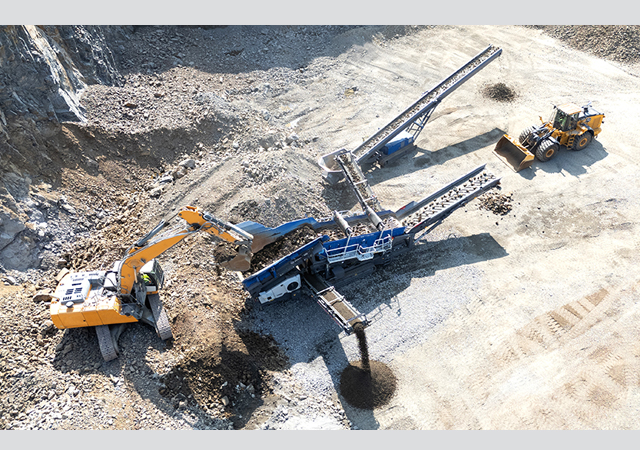
.jpg)
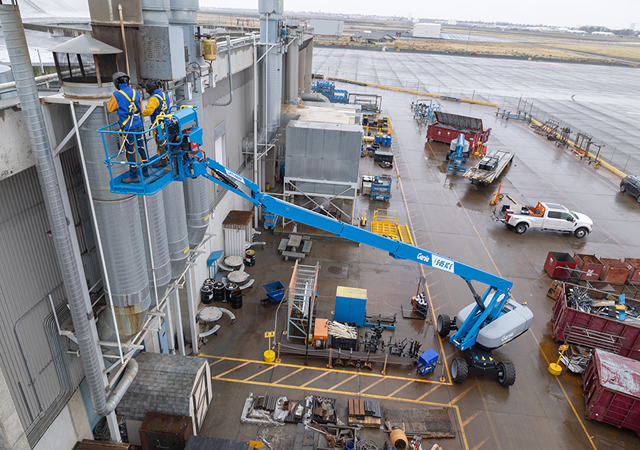
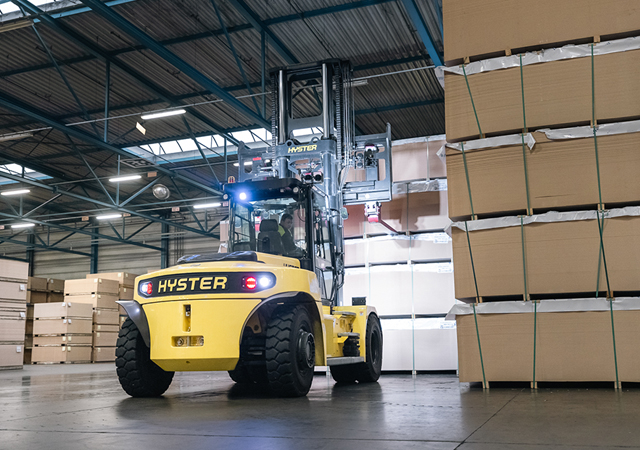
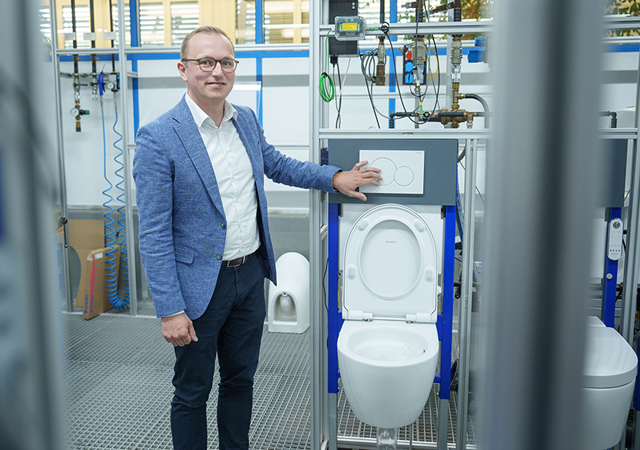
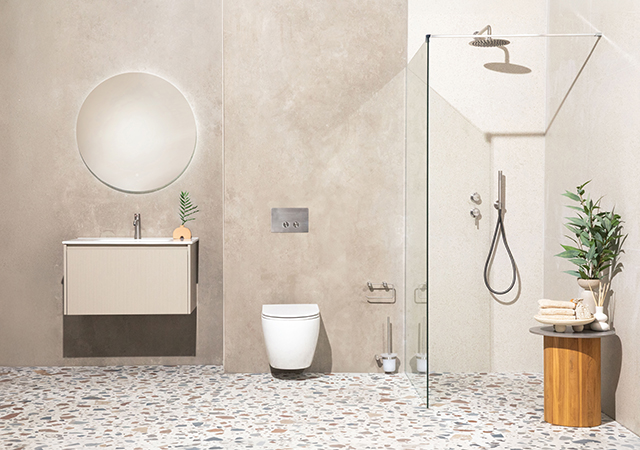
 Doka.jpg)


